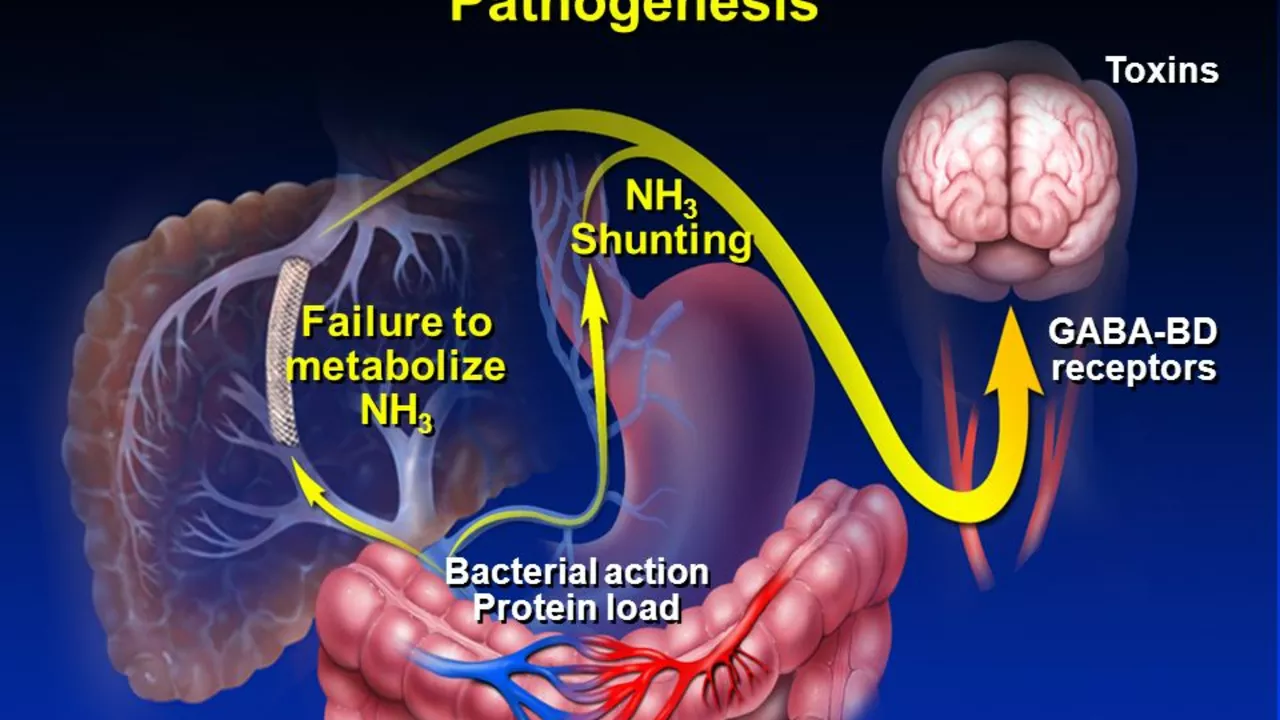Understanding Muscle Weakness and How to Fight It
If you ever feel like your arms or legs are suddenly "floppy" after a day of work, you're not alone. Muscle weakness is a common complaint that can stem from many sources—poor nutrition, lack of activity, certain meds, or underlying health issues. The good news? Most of the time you can turn things around with a few practical changes.
What Usually Causes Muscle Weakness?
First off, pinpointing the cause helps you pick the right fix. Here are the top culprits:
- Poor diet: Not getting enough protein or vitamins (especially B12 and vitamin D) can leave muscles under‑fueled.
- Sedentary lifestyle: Muscles shrink when they’re not used. Even a short walk each day can keep them from atrophying.
- Medications: Some prescriptions—like certain statins or steroids—list muscle weakness as a side effect.
- Medical conditions: Diabetes, thyroid disorders, and chronic fatigue syndrome often list weak muscles among their symptoms.
If you suspect a medical condition, a quick chat with your doctor is the safest move. They can run blood tests or adjust meds if needed.
Quick Everyday Fixes to Build Strength
Now that you know why your muscles might feel shaky, let’s talk about what you can do right now.
- Protein boost: Aim for at least 0.8 g of protein per kilogram of body weight daily. A handful of nuts, a boiled egg, or Greek yogurt are easy options.
- Move in short bursts: If a full workout feels daunting, try 5‑minute mini‑sessions spread throughout the day—like marching in place while watching TV.
- Strength basics: Bodyweight squats, wall push‑ups, and seated leg raises need no equipment and target major muscle groups.
- Stay hydrated: Dehydration can make you feel weak fast. Aim for 8 glasses of water a day, more if you exercise.
- Sleep smart: Muscles repair while you snooze. Target 7‑9 hours of quality sleep to let your body recover.
These steps are simple but effective—think of them as the foundation for stronger muscles.
If you want a bit more structure, consider a beginner’s strength program that cycles through three days of resistance work and two days of light cardio. Apps or YouTube channels can guide you through proper form without needing a gym membership.
Remember, muscle weakness isn’t something you have to live with forever. By checking your diet, staying active in bite‑sized chunks, and watching for medication side effects, you give your muscles the chance to get back on track. Start small, stay consistent, and soon those "floppy" feelings will be a thing of the past.
The Connection Between Hepatic Encephalopathy and Muscle Weakness
Alright folks, today we're diving into a pretty heavy topic - the link between Hepatic Encephalopathy (let's call it HE for simplicity's sake) and muscle weakness. Now, don't let those big words scare you, it's simpler than it sounds! HE, a condition that affects your brain when your liver can't remove toxins, has been found to have a surprising relationship with muscle weakness. Imagine your muscles throwing a party and then HE comes uninvited, causing quite a ruckus! So, next time you're feeling a bit weak in the knees, don't panic, but maybe give your liver some love, it might just be dealing with some unwanted guests.
Read more
